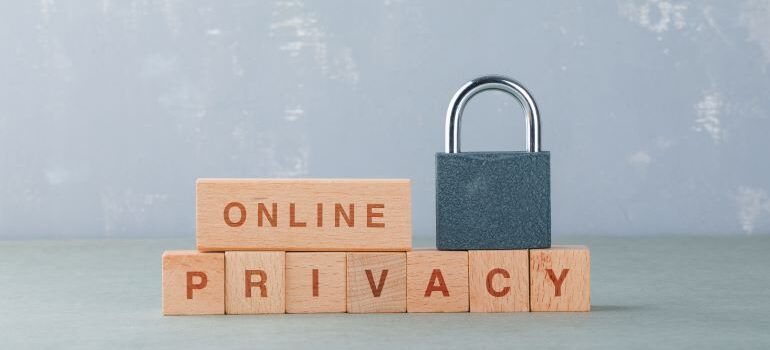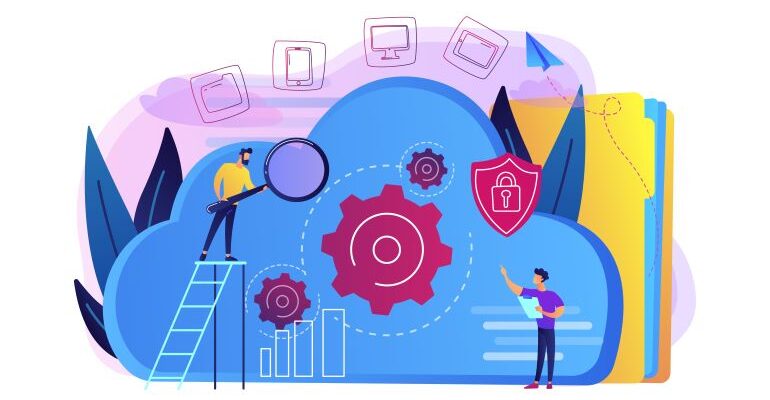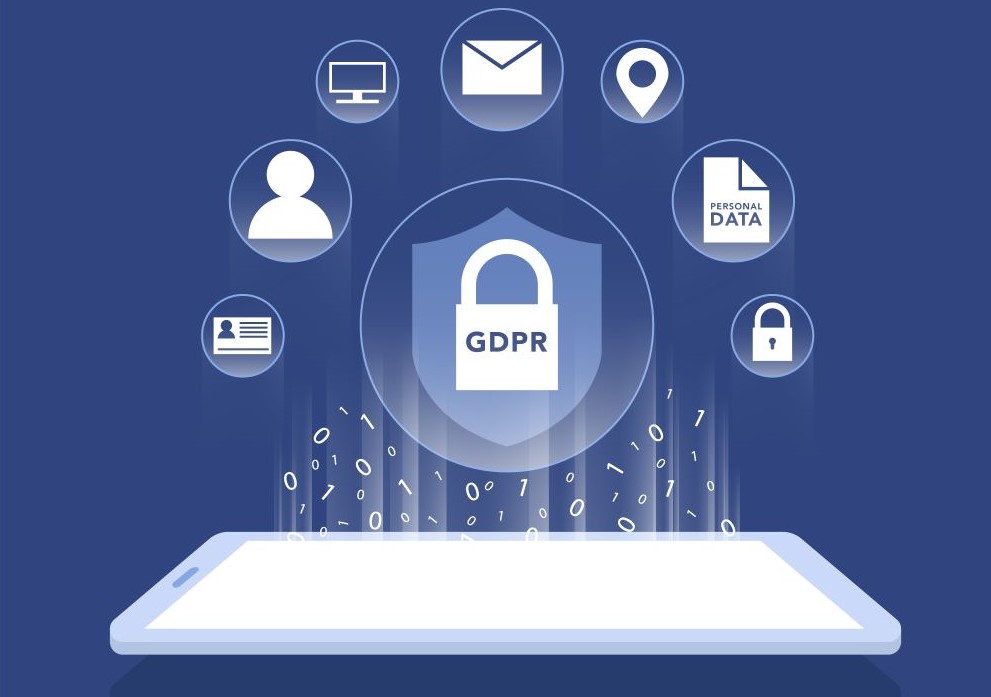As the world continues to move at a quick pace, both businesses and customers need to find ways to keep up with the rising concerns and changes. One such growing concern is the gathering of personal data that companies use for a variety of needs. And so, this fear of data collection and mismanagement has to lead to the creation of the General Data Protection Regulation (GDPR) by the European Union. However, this is a regulation that businesses across the globe are adopting to guarantee their customers the safety of sharing personal information. In this article, MoversTech explores the different ways in which CRM helps with GDPR compliance.
Why is this a concern for moving/removal companies?

The very core purpose of GDPR is to better relations between consumers and businesses when it comes to sharing and protecting data. And as we know, such relations go past the simple matter of exchanging data. There are, in fact, many other aspects of customer relationships that businesses such as yours need to nurture with customers. That is where the fundamental role of CRM software solutions comes into play.
As platforms that manage both company and customer data to ensure a smooth and efficient workflow, CRMs need to be equipped for more than to simply track, gather, and monitor interactions with customers. After all, 92% of companies today utilize databases to store information on customers and prospects. So, the regulation and protection of such data is a matter of necessity – one that GDPR should resolve in the years to come. But there are also ways in which CRM helps with GDPR compliance, and today – we are going to explore them.
7 ways in which CRM helps with GDPR compliance

Keeping track of all GDPR and other data protection regulations can take up time and resources to do manually. However, a CRM platform offers an automated solution – one that saves you a lot of work hours while eliminating the human error factor. The only challenge on the part of a business is the initialization of this feature – customizing the CRM to track GDPR compliance and keep your business afloat. So, here are seven ways to accomplish just that:
1. Implement GDPR policies
You can configure your CRM platform to store only the most basic and necessary information about customers. That way, you will ensure compliance with GDPR or any agreed-upon privacy policy. On the other hand, gathering and storing any additional information regarding customers will require confirmation through your Privacy Policy as well as the Terms of Use.
2. Consent Management
Among the many CRM integrations that a company needs, there come the ones that ensure a smooth interaction with customers through email and website forms. These integrations help companies maintain a record of all interactions with users. And among those interactions, a business can also store the consent of users to share their data with your company.
So, your CRM helps with GDPR compliance not only in terms of acquiring and storing consent but also in terms of offering you evidence in case of complications. Additionally, it makes it all the easier to update such records if and when users request to revisit the consent or withdraw it.
3. Data Security

In order to comply with GDPR, companies need to establish a strong security system, to protect against cyber-attacks and any other breaches that might cause loss of private data. And top-rated CRM software solutions have security features that can ensure the safety of the data you gather, helping you comply with security standards in the process. These features include:
- Encryption
- Data Sharing
- Multi-level Authentication
- Strong passwords, etc.
4. User Access Rights
Pre-defined user roles and access limitations are other ways in which CRM helps with GDPR compliance. By implementing different levels of user access, you can ensure that only a limited number of people have access to sensitive data, making it more difficult for others to reach that data.
5. Right to Erasure
Also known as “the right to be forgotten” – this empowers customers to request that their personal data be removed from the database of a certain business. CRM, being a well-organized central database, makes this entire process much simpler with the option to search and find customer data in a matter of seconds. An admin can then update or remove any records regarding a customer, making it highly unlikely for them to receive any further input from your business in the future.
6. Subscription Management
Despite subscribing to receive email marketing campaigns from a company, an individual should be granted the right to unsubscribe from receiving said email campaigns at any time. And so, CRM platforms can provide you with an option to exclude a customer from your mailing list, whether we’re discussing blog updates, training courses, industry news, company news, etc. Modern CRM platforms offer subscribers the option to choose which type of campaigns they wish to receive from your business. This makes it easier for companies to segment their email marketing efforts while being in full compliance with GDPR.
7. Bulk Updates
Once you set up your CRM to comply with the GDPR measures and the individual wishes of customers, you need to put it into play. And to do that, you will need to update your existing database. However, going one piece of data at a time will take hours of manual labor. On the other hand, CRM software offers bulk updates that can tune-up and clean your entire database in no time at all.
Start working on your GDPR compliance today

With the CRM software for moving companies that MoversTech offers, you can easily adapt to the GDPR and ensure that your business suffers no unwanted penalties. Give your company an efficient and safe way to ensure long-term relationships with customers while protecting their personal data. Contact us today to get a free demo!

